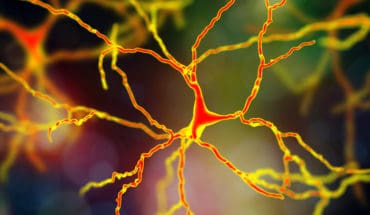Behavioural science key to success of ‘test and trace’ app says British Psychological Society
The British Psychological Society (BPS) has today published a briefing informed by leading behavioural psychologists which highlights the importance of behavioural science in the success of the Government’s new Covid-19 digital contact tracing app.
With the app requiring people to perform at least four inter-related behaviours, the BPS is recommending that behavioural science is integrated within both the app itself and all associated communications if it is to be fit for purpose. The organisation has called for further research to be undertaken to help understand and overcome the potential barriers to people using it.
Madelynne Arden, Professor of Health Psychology, and Director of Centre for Behavioural Science and Applied Psychology at Sheffield Hallam University and lead author of ‘Behavioural science and success of the proposed UK digital contact tracing application for Covid-19′ briefing, said:
“Reducing the spread of Covid-19 is paramount and the Government’s track and trace app is a key tool in its strategy. However, it is peoples’ behaviour that will determine if it is a success.
“We’ve identified at least four inter-related behaviours people would need to perform for the app to deliver on its purpose; to download the app, carry a functional phone at all times, identify they have Covid-19 symptoms and report them on the app, and act on messages from app to self-isolate.
“However, to perform these behaviours, people must have the capability, opportunity and motivation to do so, each of which is dependent upon a range of factors.”
Outlining the likely barriers and facilitators to people using the app, the paper highlights the importance of understanding these within the context of people’s occupation, role and employment status, gender, socio-economic group, ethnic group, experience of physical and/or learning disabilities, age group and the different levels of risk from severe Covid-19.
Dr Angel Chater, Health Psychologist and Chair of the BPS Behavioural Science and Disease Prevention Taskforce, said:
“Understanding the drivers and barriers behind the behaviours for different groups is essential to both the uptake and engagement of the app. Messaging that encourages people to use it should draw from behavioural science; highlighting clear and achievable behavioural strategies and outcomes.
“We’ve drawn from behavioural science, a rapid review of research in the area and our wider guidance launched earlier in the pandemic, to highlight the likely challenges that the team behind the app and related communications should consider. We strongly advise that further research be undertaken to better understand the potential barriers to the apps usage, to enable us to recommend appropriate solutions.”
- New lipid-based pathway discovered as key to memory formation - 25th June 2025
- Crucial link could explain how Alzheimer’s takes hold - 25th June 2025
- Understanding Your Mind Can Improve Daily Life - 25th June 2025






